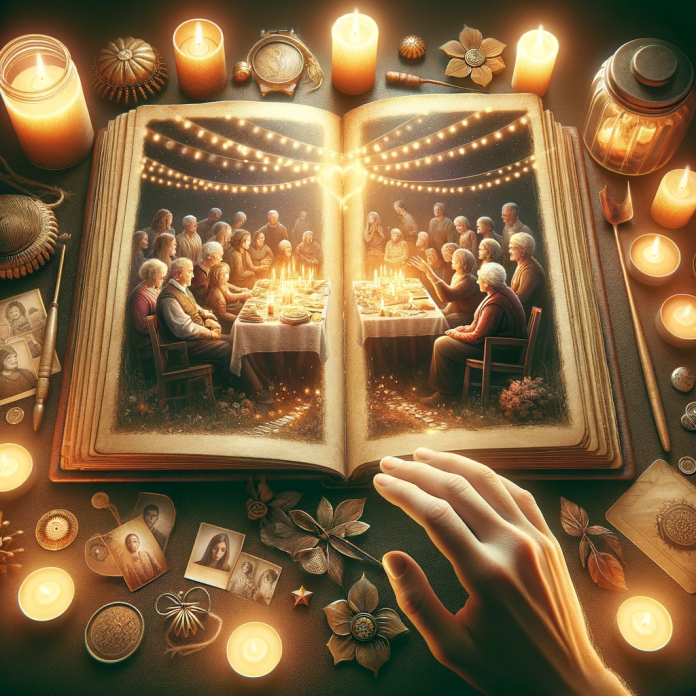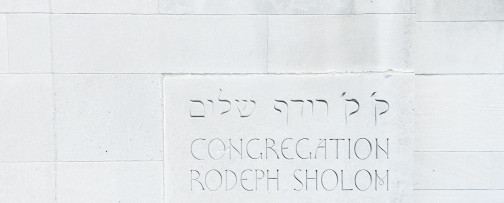Storytelling is a powerful tool that has been used by humans for centuries to pass down knowledge, traditions, and memories. It is an integral part of our culture and identity. In the context of remembering the deceased, storytelling plays a crucial role. It allows us to keep the memory of our loved ones alive, to honor their lives, and to cope with our grief. This article delves into the profound impact of storytelling in remembering the deceased.
The Power of Storytelling
Storytelling is an art form that has the ability to connect us with our past, present, and future. It is a way of preserving our history and shaping our identity. Through stories, we can explore different perspectives, understand complex emotions, and find meaning in our experiences.
When it comes to remembering the deceased, storytelling becomes a bridge that connects us with our loved ones who are no longer with us. It provides a platform for us to express our emotions, share our memories, and celebrate the life of the deceased.
The Therapeutic Value of Storytelling
Storytelling can serve as a therapeutic tool in the grieving process. It allows us to express our feelings and emotions, which is a crucial step in dealing with loss. By sharing stories about the deceased, we can confront our grief, find comfort in our memories, and begin to heal.
Moreover, storytelling can help us to understand and make sense of our loss. It provides a framework for us to process our emotions and experiences, and to find meaning in our grief. This can be particularly helpful in cases of sudden or traumatic loss, where understanding and acceptance may be more difficult to achieve.
How Storytelling Helps Us Remember
Storytelling is a powerful tool for memory retention. When we tell stories about the deceased, we are essentially creating a narrative of their life. This narrative serves as a mental map that helps us to remember the details of their life, their personality, and the experiences we shared with them.
Moreover, storytelling engages our senses and emotions, which can enhance our memory recall. When we share stories about the deceased, we often include details about how they looked, sounded, and behaved, as well as how we felt in their presence. These sensory and emotional details can make our memories more vivid and easier to recall.
Creating a Legacy Through Storytelling
Storytelling allows us to create a legacy for the deceased. By sharing their stories, we are preserving their memory and passing it on to future generations. This can be a comforting thought for those who are grieving, as it ensures that the deceased will not be forgotten.
Furthermore, the act of storytelling can bring families and communities together. It provides a space for shared grief and mutual support, and can strengthen bonds between individuals. This sense of community can be a powerful source of comfort and healing in the face of loss.
Ways to Incorporate Storytelling in Remembering the Deceased
There are many ways to incorporate storytelling in remembering the deceased. One common method is through eulogies and obituaries, where stories about the deceased's life are shared with others. These can be written or spoken, and can include personal anecdotes, achievements, and memories.
Another method is through memorial services or celebrations of life, where stories about the deceased are shared in a communal setting. This can provide a sense of community and support, and can help to ease the pain of loss.
Using Digital Platforms for Storytelling
In the digital age, there are many platforms that can be used for storytelling. Social media, blogs, and online memorial websites are all effective ways to share stories about the deceased. These platforms allow for a wider audience, and can help to preserve the memory of the deceased for future generations.
Moreover, digital storytelling can include multimedia elements such as photos, videos, and audio recordings. These can enhance the storytelling experience, and can make the memory of the deceased more tangible and vivid.
Conclusion
In conclusion, storytelling plays a crucial role in remembering the deceased. It allows us to express our grief, remember our loved ones, and create a legacy for them. Whether through spoken or written words, or through digital platforms, storytelling is a powerful tool for memory preservation and grief processing.
So, the next time you find yourself missing a loved one who has passed away, consider sharing a story about them. Not only will it help you to remember them, but it will also help to keep their memory alive for others.
Recommended Products
- Woodamore Share a Memory Cards — Beautiful 50-pack memory cards for celebrating the life of a loved one at memorials and gatherings.
- Dletay Heart Urn Necklace — Birthstone-accented heart urn necklace for keeping a loved one's memory close.
- Skylight Digital Picture Frame — A touchscreen digital frame that lets family share photos by email — perfect for displaying a slideshow of cherished memories.


-banner.png)





